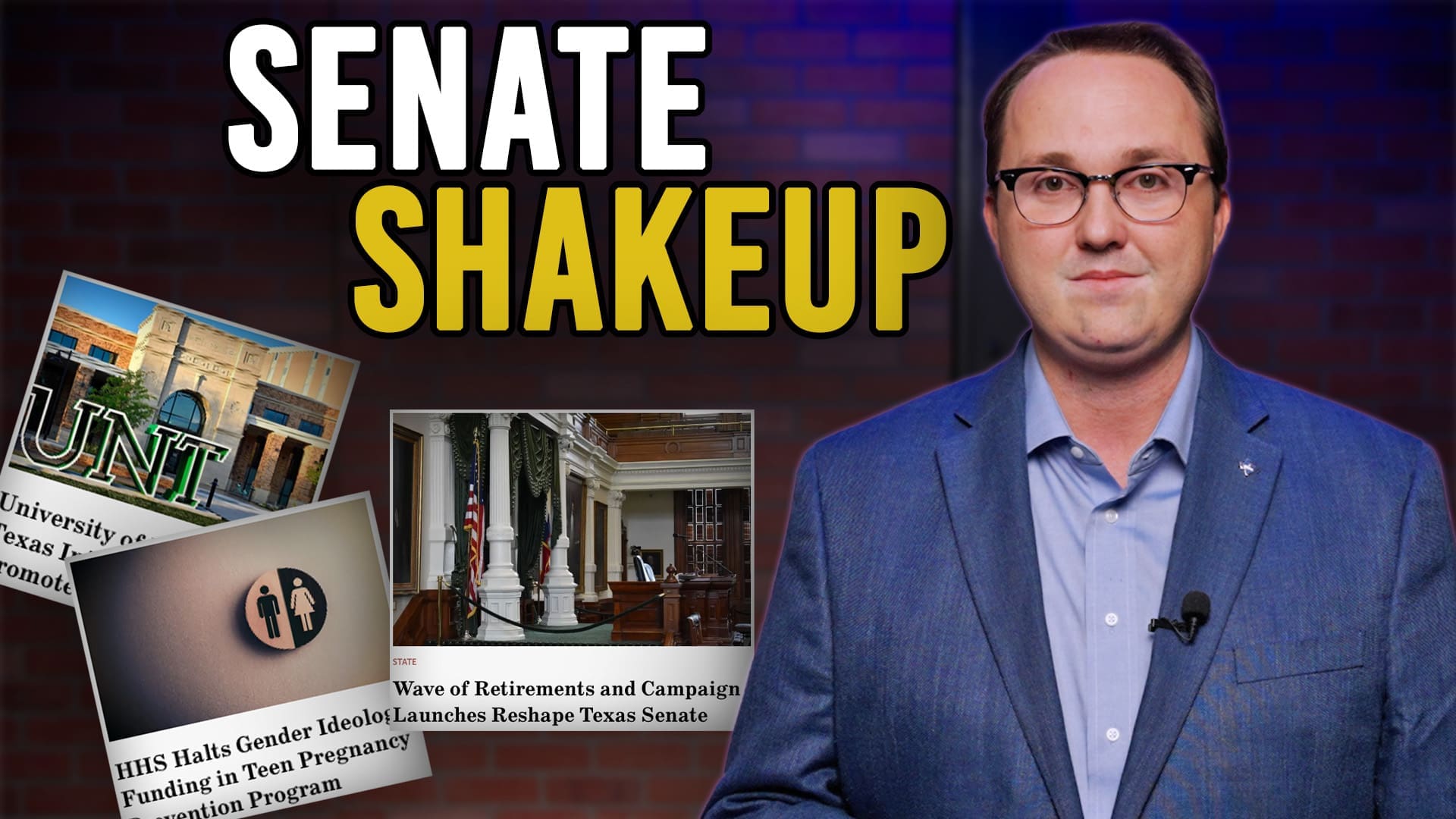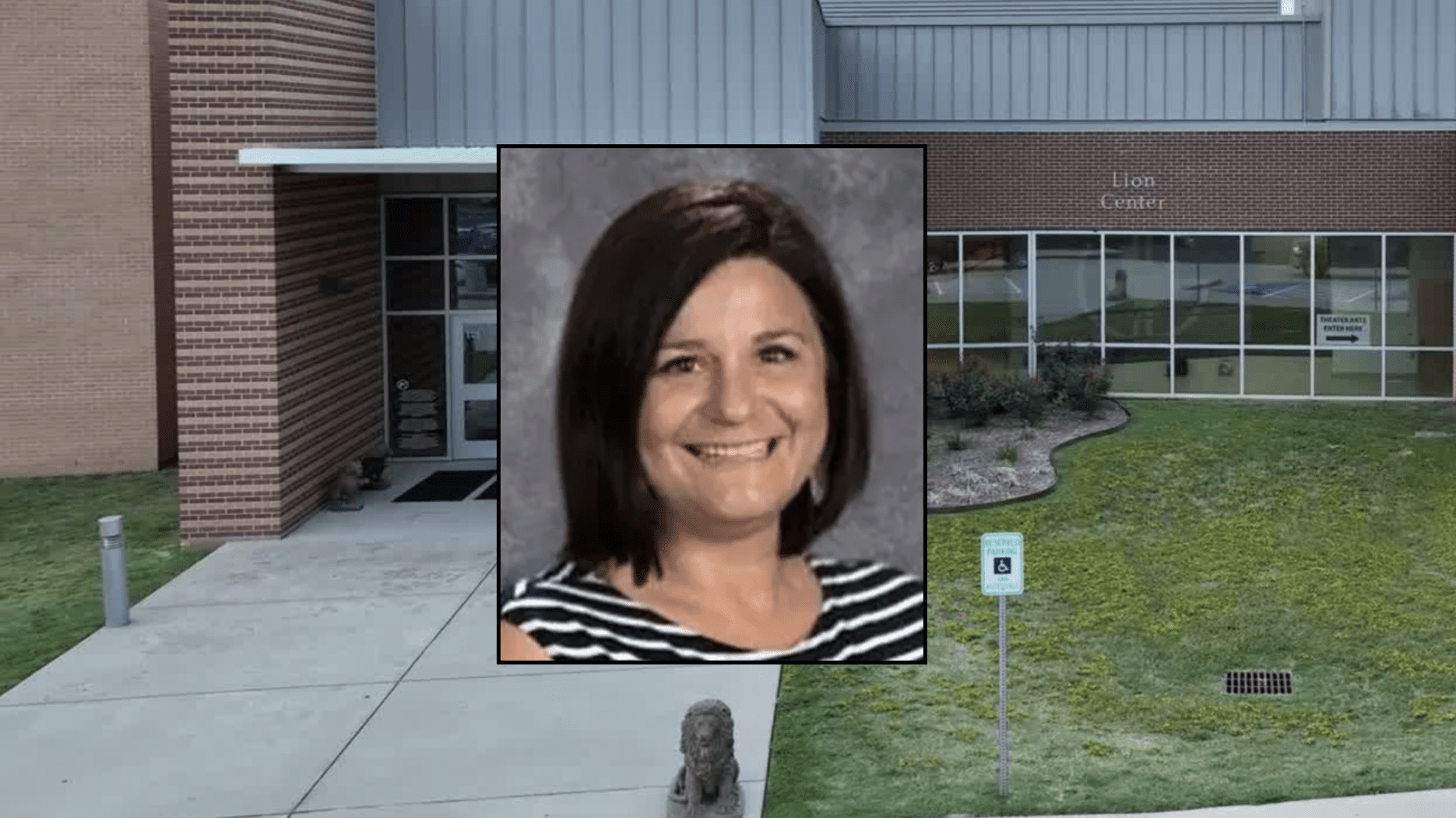Houston officials delayed a vote that would have offered citizens relief from high water bills incurred due to local government failings.
At the City Council meeting Wednesday evening, councilmember Michael Kubosh moved to delay a vote on the proposed relief by another week, saying there hadn’t been enough time to review the changes.
Background
The issue with residents’ water bills began in the past couple of years when the City of Houston’s Public Works Department didn’t send workers out to manually read the water meters where remote readings were not working. The department instead estimated how much water was used and billed residents based on that estimate. Eventually, when the department sent out a meter reader, they would bill the customer for the difference between the estimate and the actual use.
However, some customers had a water leak and used an incredible amount of water, but didn’t know because no one had read the meter for months. Residents were then hit with water bills in the thousands.
Residents have been calling for action on the issue for months.
However, city officials were unresponsive until recently.
A new city charter amendment approved in the November election now allows city council members to bring forth issues before the full body, whereas previously the mayor set the agenda.
Following the enactment of the new amendment, three city council members—Amy Peck, Mary Nan Huffman, and Carolyn Evans-Shabazz—proposed an ordinance that would prevent the city from sending out higher bills more than three months after the fact.
This week
Monday, Houston Mayor Sylvester Turner announced that he also has a package of proposed changes to local ordinances that could offer citizens relief. Turner’s proposed changes include allowing residents to adjust their bill for leaks more than twice yearly and incentivizing citizens to repair their leaks.
The city’s Public Works Department is blaming aging technology and low manpower for the inefficient water billing system.
“The other issue is that the city just has an incredible number of water leaks across the entire city, from main water mains to smaller mains,” Charles Blain, president of the Urban Reform Institute, told Texas Scorecard. “And in certain months, the city will lose about 20 percent of its total water source from leaks because that’s how many leaks we have across the entire city.”
“When you look at the entire infrastructure, but particularly the water infrastructure, it is aging really poorly and people are having to deal with the repercussions of it. And unfortunately for them, because of how slowly the city operates and how inefficient they are, it’s not even like they get the opportunity to address these issues on the front end.”
“If Public Works was reading these meters, and there was a water leak at someone’s home and they told you at the end of the month, you could probably pay the increase that month and then fix the issue the next month and not have to deal with it,” said Blain. “But when public works can’t get around to you for 18 months or 24 months, and then suddenly they’re saying you’ve had a leak this long and now you need to pay for it… It makes no sense, especially for people who are on fixed income and things like that.”
“I think it’s a horrible indictment on the city’s infrastructure as a whole, but particularly the water infrastructure,” he added.
However, Blain was optimistic about the proposed relief package, saying he expects it will pass in next week’s city council meeting and provide some relief to local citizens.





